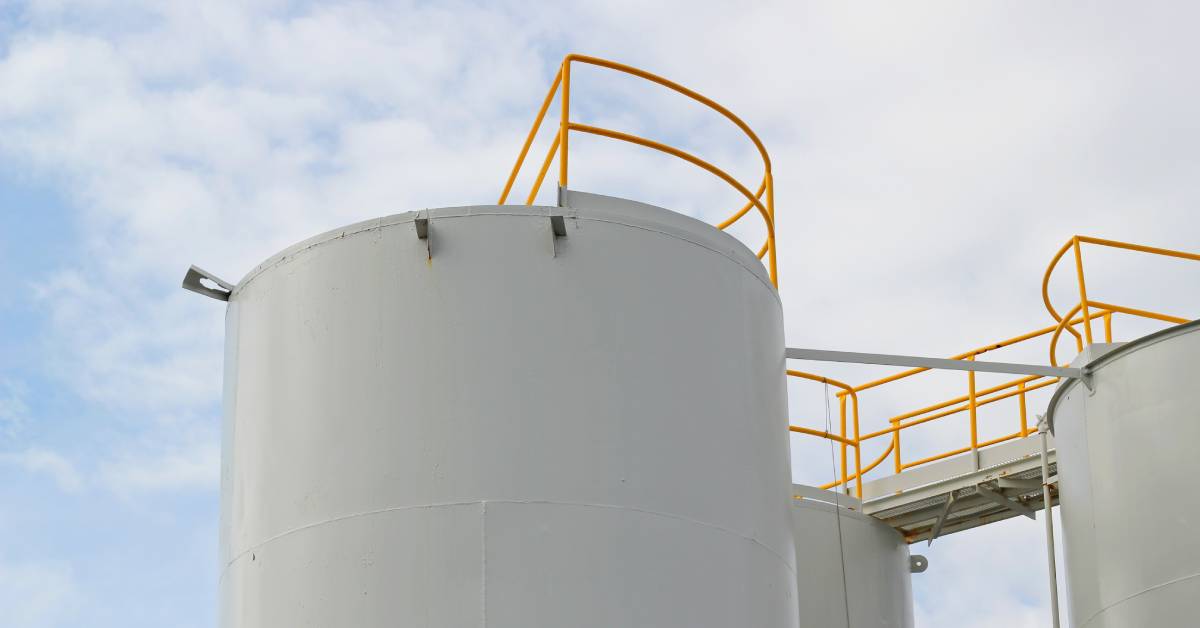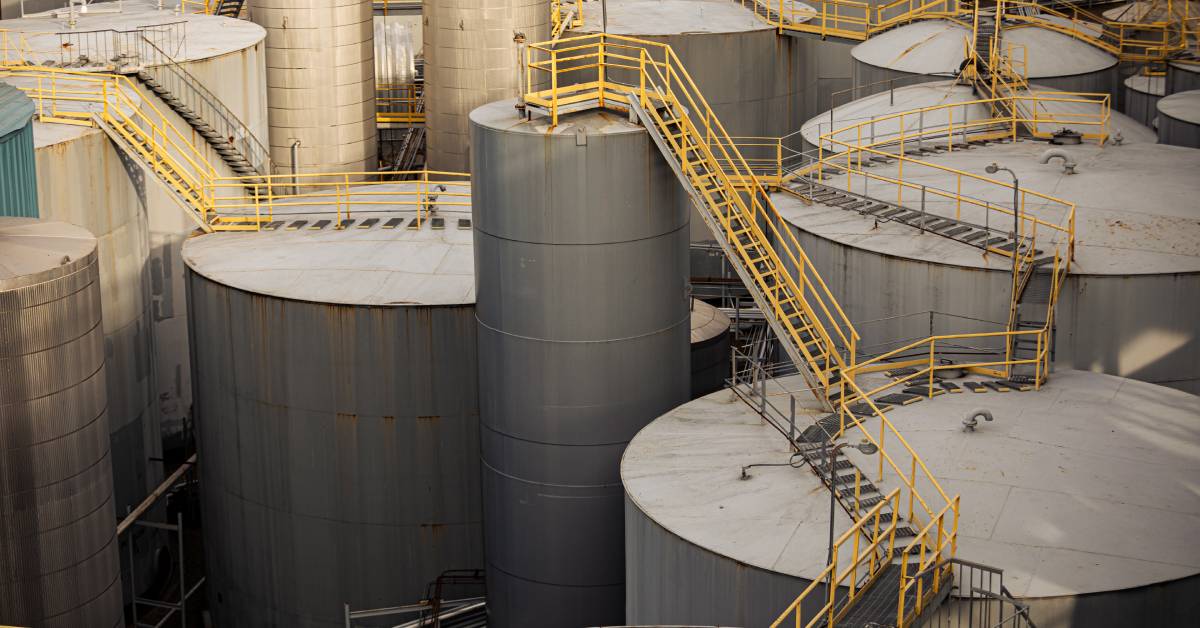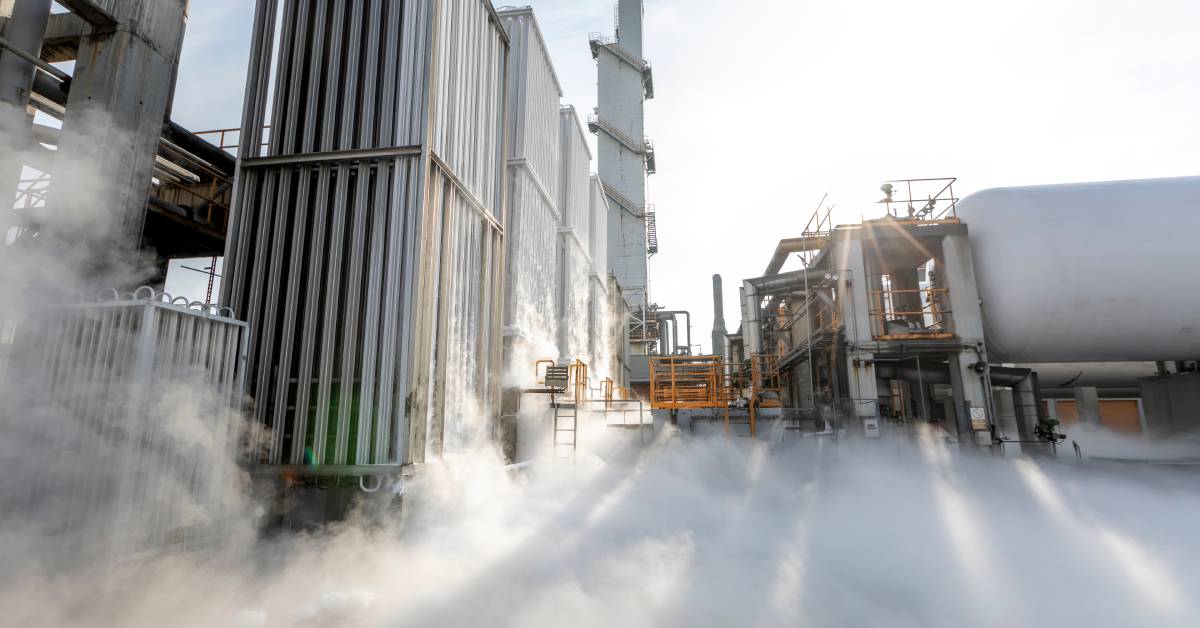
Chemical tank liners play an integral role in safeguarding your tank assets while simultaneously reducing long-term maintenance expenses. These specialized linings protect the interior surfaces of your storage tanks from corrosion, chemical damage, and material deterioration caused by exposure to harsh industrial environments. Chemical tank liners dramatically reduce maintenance costs and extend the life of your tanks, providing a strategic solution for preserving both your equipment and budget.
Protects Against Corrosion
Corrosion is one of the leading causes of tank failures, compromising the safety and functionality of your equipment. Chemical tank liners act as a durable barrier between corrosive materials and the tank’s surface, effectively reducing wear and tear. This barrier not only prevents frequent repair needs but also enhances the overall reliability of your tanks, ensuring they remain operational for longer periods without interruptions.
Extends Equipment Lifespan
Exposure to harsh and damaging substances significantly shortens the lifespan of chemical tanks. Liners serve as a protective shield, reducing direct contact with harmful chemicals that can degrade the tank’s integrity over time. By preventing structural damage, liners enable tanks to last years longer, minimizing replacement expenses and ensuring smooth operational processes.

Reduces the Frequency of Repairs
Tanks lined with high-quality materials are far less susceptible to common issues like leaks, cracks, or structural damage caused by prolonged chemical exposure. Without proper protection, tanks can degrade quickly, leading to frequent and costly repairs that disrupt operations.
Liners act as a durable first line of defense, reducing wear and tear while significantly extending the lifespan of your tanks. This extended lifespan results in fewer maintenance interventions, saving both time and money, and allowing for a more efficient and cost-effective maintenance routine.
Prevents Downtime Costs
Unexpected equipment failures can halt workflows, delay projects, and lead to significant financial losses. Tanks without proper protection are more vulnerable to damage, which can cause:
- Operational disruptions
- Unplanned downtime
- Increased repair costs
- Employee harm
Chemical tank liners help prevent such failures by shielding tanks from chemical damage and structural degradation, ensuring they remain functional and reliable.
Lowers Risks of Contamination
Unlined tanks are at risk of leaking harmful contaminants into their chemical contents, causing product waste, contamination, or the need for expensive additional treatments. These contaminants can compromise the quality of your stored materials and lead to operational inefficiencies.
Chemical liners create a completely sealed and impermeable surface, significantly reducing the risk of contamination. This lower risk of contamination ensures the safety, purity, and quality of your chemical products, helping you maintain compliance with industry standards and deliver consistent results.
Decreases Cleaning Expenses
Cleaning unlined tanks can be a labor-intensive and time-consuming process, especially when residue or buildup from chemicals accumulates over time. This buildup often requires more manpower, harsher cleaning agents, and longer cleaning cycles, all of which drive up costs.
Chemical tank liners feature smooth, non-stick surfaces that resist residue accumulation, making cleaning faster and easier. By cutting down on cleaning labor, reducing the use of harmful chemicals, and streamlining maintenance, liners contribute to significant cost savings while ensuring tanks are ready for use more quickly.
Withstands High Temperatures
Many chemical processes involve exposure to extreme temperatures, which can weaken and degrade tank materials over time, leading to:
- Cracks
- Warping
- Structural damage
Chemical liners can withstand high temperatures and remain durable under these conditions, preventing heat-related damage. By maintaining their integrity in extreme environments, liners reduce the need for frequent maintenance and repairs caused by thermal stress, helping your tanks perform optimally even under challenging conditions.
Minimizes Environmental Compliance Fines
Leaking tanks pose serious environmental risks, such as spills or the release of hazardous materials, which can result in regulatory fines, expensive cleanup costs, and reputational damage. Unlined tanks are particularly vulnerable to leaks, especially near corrosive chemicals.
Chemical liners provide a solid, sealed barrier that prevents leaks and ensures compliance with strict environmental regulations. By mitigating these risks, liners help protect your operations from costly fines and safeguard your reputation as an environmentally responsible organization.
Adapts to Different Chemicals
Not all tanks can handle the wide range of aggressive or reactive chemicals used in industrial processes. Unlined tanks can deteriorate quickly when exposed to highly corrosive or abrasive substances, leading to frequent repairs or replacements. Chemical tank liners are also able to resist a variety of corrosive, abrasive, and reactive chemicals. This adaptability ensures your tanks remain in optimal condition, no matter what substances you’re working with.
Improves Structural Integrity
Unlined tanks exposed to harsh chemicals over time are prone to developing structural weaknesses, such as cracks, warping, and even complete structural failure. These issues not only compromise safety but also require costly repairs or replacements.
Chemical liners act as an additional layer of reinforcement, supporting the tank’s structure and preventing damage caused by prolonged chemical exposure. By improving structural integrity, liners extend the lifespan of your tanks, ensuring they remain safe and functional for years to come.
Lowers Insurance Premiums
Tanks protected by chemical liners are far less likely to experience leaks, failures, and environmental hazards, which lowers their risk profile. Insurers often view operations with lined tanks as more secure and less prone to incidents, leading to reduced operational insurance costs.

Facilitates Predictable Maintenance Schedules
Unlined tanks are more prone to unexpected failures, which can result in unplanned and costly emergency repairs. These unpredictable issues can disrupt operations and strain budgets. Lined tanks, on the other hand, experience fewer problems, allowing for more predictable and manageable maintenance schedules. This predictability helps you plan and budget for upkeep more effectively.
Reduces the Impact of Temperature Fluctuations
Frequent temperature changes can cause tank materials to expand, contract, and eventually develop cracks or leaks. Over time, this structural weakening can compromise the tank's functionality and lead to expensive repairs or replacements.
Chemical liners can also absorb and mitigate the effects of temperature fluctuations, ensuring tanks remain stable and intact even in environments with extreme or frequent temperature changes. This added protection enhances tank durability and reduces maintenance needs.
Avoids Emergency Repairs
Emergency repairs are not only stressful but also significantly more expensive than routine maintenance. The urgency, complexity, and potential downtime associated with emergency interventions can quickly increase costs and disrupt operations. This proactive approach saves you from unplanned expenses, operational disruptions, and the stress of scrambling for solutions when issues arise.
When you invest in chemical tank liners, you reduce maintenance costs while also protecting your equipment and reducing the likelihood of failures. By shielding your tanks from corrosive substances, high temperatures, and structural wear, you can optimize the performance of your storage systems while keeping costs under control.
Adopting this solution enhances operational efficiency, extends the life of your assets, and reduces overall maintenance expenses, so pick up your chemical containment liners today from us at Royal Liner! We make saving on maintenance costs and protecting your equipment easy.
